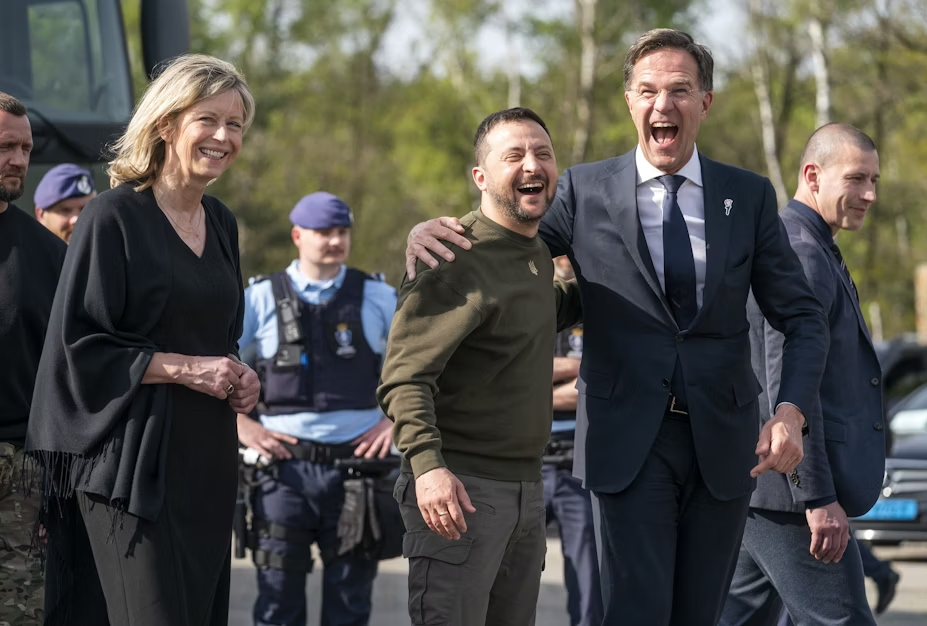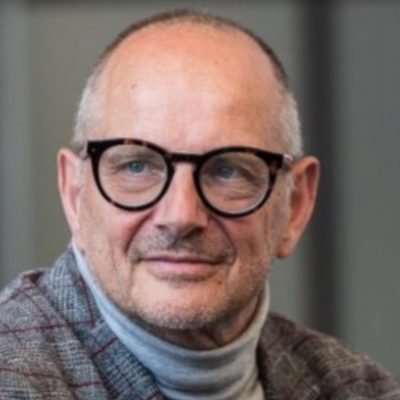
“Ukraine is not losing, but the front is moving in the wrong direction.” These words, spoken by NATO’s newly anointed Secretary General Mark Rutte, sound like a direct excerpt from 1984’s Ministry of Truth. Not losing ground while losing ground and not failing while retreating. Not collapsing, just… pausing to catch a breath. The geopolitical equivalent of “I’m not drunk, the sidewalk’s moving.”
By Max von Kreyfelt
This isn’t Rutte’s first linguistic sleight of hand. He’s mastered the political art of semantic distortion. “The economy is strong, people just don’t feel it.” “There’s no housing crisis, just many people without homes.” “Public trust isn’t low; citizens are simply critically engaged.” With Rutte, language isn’t a tool for truth — it’s a tool for containment.
But now, the stakes are different. This isn’t about budget gaps, tax scandals, or climate targets. This is about war. Real war. Drones, mass graves, amputated limbs. Ukraine is losing ground, and the consequences are dire. Conscription is scraping the bottom of the demographic barrel. Western weapons are vanishing faster than Western patience.
Still, Rutte grins. “The front is moving the wrong way,” he says, as if a rogue Roomba lost its GPS signal. Not “the strategy is failing.” Not “we need to reassess.” Just a quirky moment on the battlefield, nothing to see here.
The tragic irony? Rutte has spent over a decade missteering his own country — with the same cool detachment. Earthquake victims in Groningen. Destroyed lives in the child benefits scandal. Collapsing trust in public institutions. He has always found a way to keep from failing, even while everything falls apart. His detachment from the real issues is staggering, and it's a disconnect that the people feel keenly.
Now, he brings that same talent for euphemism to the global stage. Ukraine bleeds, but NATO wins — because we’ve agreed not to call it losing.
Max von Krefeylt is a well-known Dutch public figure. He is an independent thinker, opinion maker, and initiator of critical media platforms. He plays a key role in questioning power, media, and social structures. This is his second contribution to The Liberum.





